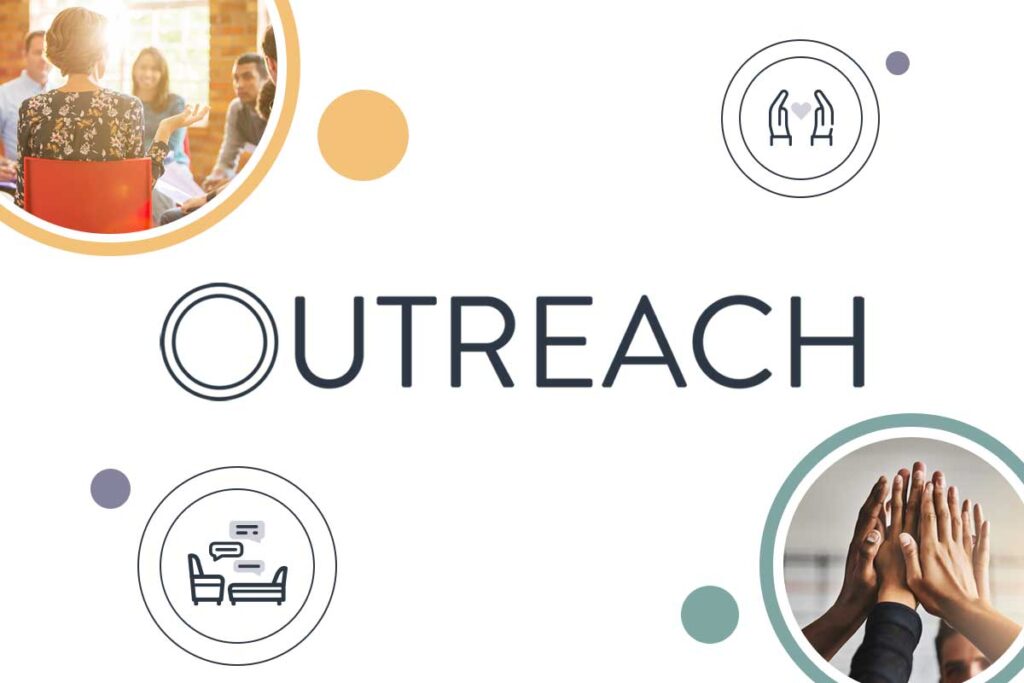As a mental health condition that has devastating consequences, heroin and opioid addiction is a plight that affects people throughout the Bowie area. At Outreach Recovery, we help those who are struggling with their heroin and opioid addictions recover to achieve a lifestyle of sobriety. Using the expertise of specialist clinicians, healthcare professionals, and medications such as Suboxone, we aid our patients in withdrawing from heroin and opioid . Whether you’re looking for mental health counseling programs to support yourself or a family member, rest assured we’re here to help.
How can someone recover from heroin and opioid addiction?
According to the National Survey on Drug Use and Health, around 21.5 million people struggled with drug addiction in 2014. Around 80-percent of those who suffered from substance abuse also struggled with alcohol misuse. It’s often the case that a person’s reasons for becoming dependant on illicit substances or alcohol are complicated. As such, each patient requires a bespoke program that caters to both their medical and psychological needs.
At Outreach Recovery, our Suboxone Doctors approach each of our patients as individuals. We recognize that no two individuals suffer from the same struggle. Suboxone Doctors make recovering from a drug addiction possible through the use of medically assisted treatments, addiction therapies, mental health counseling programs, and wellness services. By offering a broad range of treatments, we’re able to tackle the unique challenges each of our patients face.
How does medical support for drug addiction recovery work?
Whether you’re addicted to alcohol, prescription drugs, or illicit substances, you’ll find that withdrawing produces some side effects. One of the ways we can prevent these side effects from feeling overwhelming is through the use of medications such as Suboxone, Vivitrol, and Sublocade. The medically assisted treatment (MAT) medication we’ll choose to use will depend on the substance you’re addicted to and the stage of your recovery.
Regardless of which medication we use, the primary aim is to make your withdrawal symptoms feel less pronounced. This will decrease the likelihood of you relapsing and it can prevent some of the more heroin and opioid effects, such as nausea, headaches, sweats, and fits. You’ll remain fully supported throughout this process and it’s always a good idea to remember that the Outreach Recovery team is here to answer your questions.
What can a mental health counseling program achieve?
It’s often the case that our patients in Bowie, Annapolis, Cherry HIll, Frederick, or Cumberland succumb to addiction because of previous trauma. From difficulties during childhood to PTSD and bereavement, life’s struggles can cause our patients to turn to illicit substances and alcohol to block the pain. With a dependable team of mental health professionals supporting our efforts, our Suboxone Doctors combine our medical recovery approaches with mental health counseling programs to help our clients develop the coping mechanisms they require to face life’s struggles without an addiction.
Mental health counseling programs are reliable ways for our clients to understand the adverse life events that resulted from their addictions. At the same time, each program helps our patients realize what the triggers for their substance abuse are. This could mean certain stressful events, people who enable bad habits, or socializing in certain environments. By supporting our clients in discovering what they need to do to break away from an addictive lifestyle, we aim to empower them to become healthier individuals.
Is it possible to recover from addiction at home?
At Outreach Recovery, our Suboxone Doctors encourage our patients in Bowie, Annapolis, Cherry Hill, Frederick, or Cumberland to recover at home if that’s what they feel is best for them. Inpatient recovery programs can sometimes feel unattainable when you have obligations elsewhere. Because of this, we’ve developed techniques that make at-home recovery easier.
If you would like to learn more about our mental health counseling programs or other aspects of our recovery methods, call us at 888.897.9284.

